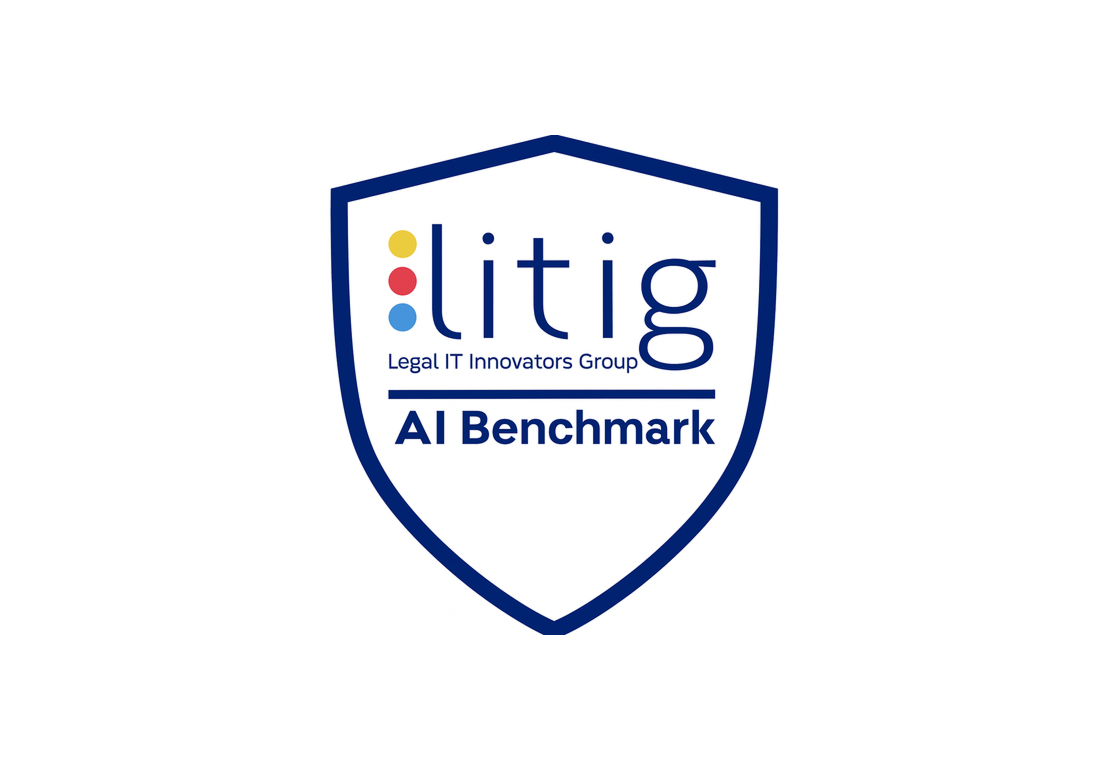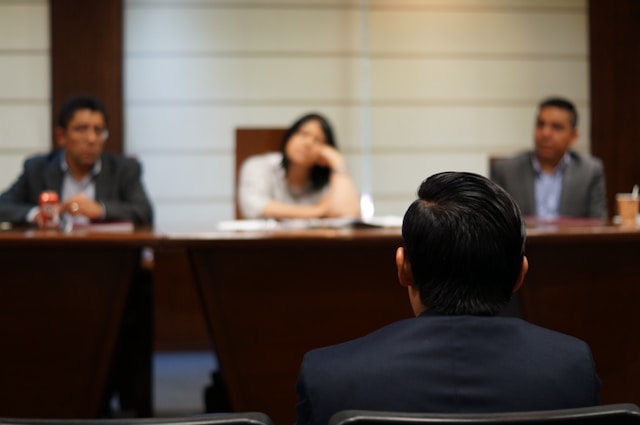The AI Revolution in Law Firms
TrialView founder Stephen Dowling discusses how TrialView helps UK lawyers efficiently handle digital evidence in court cases with BBC Radio 5 Live.
Articles
BBC Radio 5 Host
Well, Stephen Dowling is a barrister and founder of TrialView, an AI tool used by lawyers. Good morning!
Stephen Dowling
Good morning!
BBC Radio 5 Host
So tell us a bit about how TrialView works.
Stephen Dowling
Well, TrialView is an AI software that enables lawyers to prepare and present their court cases with incredible efficiency. Essentially, if you consider any piece of modern litigation, all of the evidence is now stored in an electronic form - that's emails, WhatsApp, text messages, video clips. And with modern AI technology, it's possible to essentially ingest all of that information and have it reviewed electronically using an AI system. And these AI systems can literally read all that information and serve up to lawyers and to judges the relevant facts and critical material that they need to present the case and to ultimately resolve the dispute.
BBC Radio 5 Host
I mean, we have images, don't we, of piles and piles and piles of legal documents and people having to go through them. You know, leaf by leaf, literally. So is that reducing... I mean, how much does it reduce that the man hours, or the actual physical demands that it makes on on legal staff?
Stephen Dowling
Well in one sense, there's no comparison between the speed of which these AI systems can review material compared to humans. So for example, if you can consider a big piece of maybe complex commercial litigation or a medical negligence case, the volume material that would take a human to read would would potentially take 10 lawyers the time it would take an AI system to do it, essentially in 1/10 of the time. So it just essentially depends on the the complexity of the case. But the challenge here is not necessarily ensuring the AI can read through the material. The challenge is ensuring that what the AI is doing and the material it's serving up is accurate, and it means that the lawyers can actually do their jobs correctly and professionally, like like they would, in accordance with their own standards.
BBC Radio 5 Host
Well, I mean, that was what I was what I was going to ask you next. Actually, if you're having to then double check everything, then it's not necessarily speeding things up.
Stephen Dowling
That's yeah, and that is exactly one of the challenges. So, these AI systems, they do allow you to get through material very quickly, but it's also very important to ensure that they're engineered in the right way, so that the information they provide is accurate, and one of the things we do at TrialView is to ensure that whenever an AI system gives you a piece of information or tells you a particular date or timeline, that you can go directly to the source immediately to verify that information is correct. But AI systems themselves are now being designed so they can check their own outputs. So it is possible to have a second AI agent review the material that's been served up, and put in place special measures to ensure that when you get an output another agent, an AI agent, can check that to make sure it's correct.And at the end of the day, it's all about proportionality. So in any legal system and in any court case, people do make mistakes, the question is whether or not you're willing to take a risk that those mistakes are proportionate compared to the costs in bringing the case to trial. And really it's a balancing act, and one of the big challenges for the legal systems in the next five years is to make sure that balance is right.Can we get a just result at the right cost without sacrificing the importance of the administration of justice and people's faith in the administration of justice?
BBC Radio 5 Host
And we mentioned the fact that this could be really important for people who think they can't afford to go to court, they can't afford lawyers. As to, you know, could be a medical negligence case, as you said, or all sorts of cases, presumably that it's applicable in.
Stephen Dowling
Absolutely. And one of the big challenges now for any piece of litigation is the prohibited cost in getting your case to trial. And even in... you may have small cases, but you could have very large cases, which are very complex. Take, for example, an action against a pharmaceutical company, where you have plaintiffs or claimants who don't have the resources to take on big commercial interests. The possibility that AI brings is that with a smaller team of lawyers, you'll be able to bring that case home and hopefullyto get a just result at a far less cost, a far, far more reduced cost, and hopefully as well, you'll be able to do it in a quicker time than is then is currently available. At the moment, you've got backlogs and courts going back potentially years before you get any particular decision, and even when you get to hearing itcan take a long, long time for a judge to deliver the decision because of the old material the judge has to sift through.
BBC Radio 5 Host
Really interesting Steven. Thank you very much indeed for talking to us this morning. Stephen Dowling, who is a barrister and founder of TrialView, which is an AI tool used by lawyers.
See TrialView in action
As one of the leading litigation platforms, TrialView is the perfect addition to your tech stack. Book a free demo to get started.
Book a demo.svg)



.jpg)